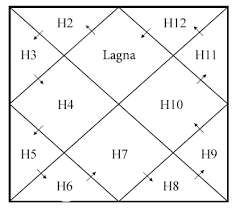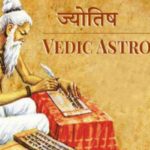Astrology is the oldest form of science in the world. A subject which germinated from fear and doubt has grown into a full bloom object of study through the years. Since the age of Mesopotamia, Indus Valley or Egyptian or Vedic astrology, there has always been a common understanding of astrology. It is, “ Astrology in its broadest sense, is the search for purpose in the heavens”. They saw it as a means to understand personality traits. They all echo the same principle, “ As above, so below..”. In other words, whatever happens, up in the sky, so happens in human life. Astrology through the years has worked towards solidifying this theory and succeeded beyond limits.
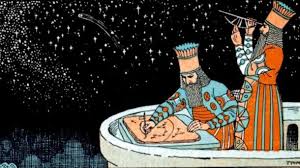
History of Astrology Through Years
The origin of astrology closely connects to the origin of mankind. The piece of evidence gives proof of how early man calculated the rising and setting of the sun, the movement of stars, the phases of the moon and the onset of seasons. They did these calculations on anything they found like mammoth tusks, bones, on the walls of caves, on trees and on stones. Archaeologists have found cave paintings, tusks, and bones marked with lunar phases.
This was 30,000 to 10, 000 B.C, later came the Sumerians of Mesopotamia who noted the movements of planets and stars. The credit for creating the wheel goes to Babylonians ( 2400 B.C.). Alexander invaded Mesopotamia and marked the beginning of the expansion of Greek Astrology in 331B.C. Greeks invented the names of zodiac signs and planets, and it remains the same even today.
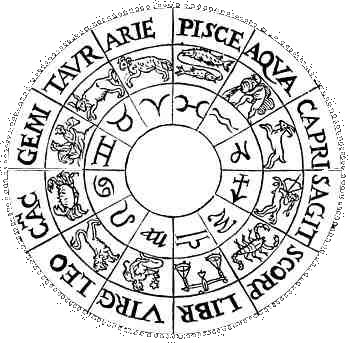
There were many roadblocks and development of astrology through the years. In the wake of reasoning, astrological beliefs were pushed into clouds of doubts and disbelief. In spite, it continued its evolution behind closed doors. From the 17-18th century, it was reduced to a form of entertainment rather than a scientific method of fortune-telling. It was from the 19th century that interest in astrology regained. And finally, in the 21st century, it conquered its position as an established discipline of science through everyday Sun Sign readings in newspapers, online matchmaking based on horoscopes of males and females, personality test websites based on time and date of birth.
Vedic Astrology History Through Years
History of Astrology in India goes back to the time of Vedas during 5000BC. Earlier Indian astrology was referred to as Hindu astrology. This raised many objections by the astrological pandits in India because Hindu is a word coined by western civilization when they invaded India. Hence, from 1970 our astrology has become Vedic astrology. Vedic is a Sanskrit word. In fact, astrology is an anga or part of Vedas, hence it is a Vedanga. Vedanga Jyotisha is the oldest scripture on astrology. Early astrology concerned itself only with the preparation of calendars to determine important dates of festivals and sacrificial rituals with no mention of planets. Only after Greek intrusion that the movement of planets becomes a part of Vedic Astrology. The evidence of this lies in the text of that era, Yavanajataka, or “Sayings of the Greeks”.
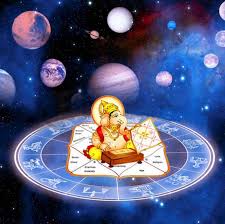
The great Parasara Rishi has the biggest contribution to the development of Vedic astrology through the years. He compiled the best of all Vedic cultures in a book named Brhad Parasara Hora Sastra. This book is the pillar of Vedic astrology. Rishi Parasara taught the teachings of this book to his disciple Rishi Maitreyi. Similarly, Rishi Maitreyi passed on his learning to his disciple. Therefore, through a series of learning-unlearning Vedic Astrology was able to spread its wings to different parts of the world. It influenced Babylonian, Egyptian and European astrology.
Astrology in Modern India
In India, astrology is an important part of their religion. A newborn gets his/her name on the basis of his horoscope. This horoscope has a major role throughout your life, especially during your marriage, opening a new business, planning a religious trip and on many other occasions. Pundits believe that
God controls planets, hence always pray and please God to keep planets in your favour.
Differences Between Western and Vedic Astrology
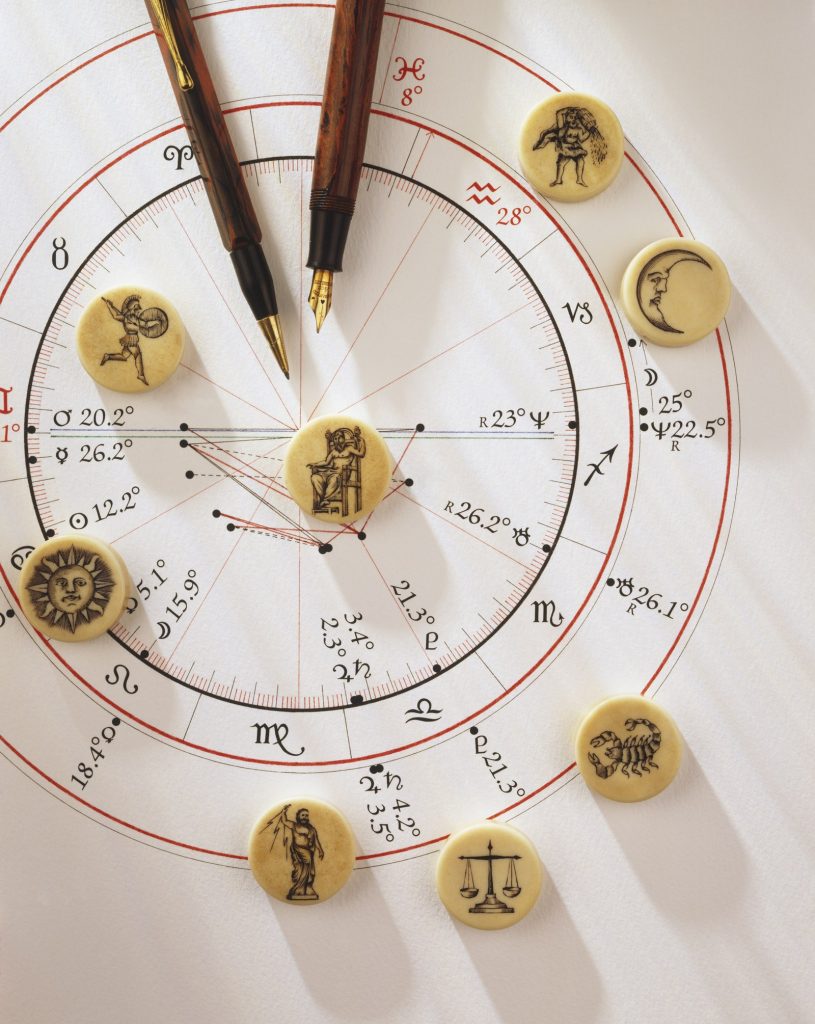
- Western astrology had many speed breakers throughout its journey while Vedic astrology bloomed without any breaks. Therefore, it has a greater hold on various cultures throughout the world.
- Western Astrology follows Tropical Zodiac( follows April to March movement of planets) while Vedic Astrology follows Sidereal Zodiac(movements of planets are determined from the time of birth)
